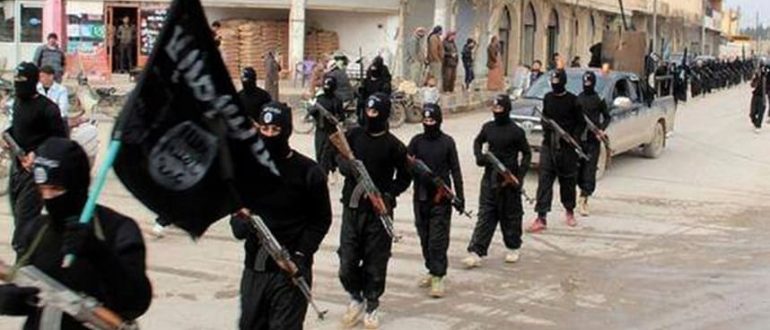ISIS fighters can no longer escape Syria to carry out attacks in Europe such as those that took place in Paris and Brussels, according to a chief in the US-led coalition against the terror group.
“Terrorist combat units” intent on wreaking havoc in Europe can no longer leave Isil’s de facto Syrian capital of Raqqa via Turkey, said Brett McGurk, special presidential envoy for the global coalition against Isil.
“Not too long ago, what they [ISIS] would do is plan a terrorist attack in Raqqa, they would train a unit – kind of a terrorist combat unit – they would then infiltrate out… and go conduct an attack such as in Paris or in the Brussels airport” he said. “That’s what they used to do, and they were developing that capacity. They cannot do that anymore.”
But the claims came as an Isil militant captured by Kurdish troops in northern Syria gave details of the units trained to carry out attacks on European soil, and warned of future suicide bombings.
The fighter said that every European who crossed into Syria was given the opportunity to join the al-Kharsa Brigade, which offered a seven-month training programme including bomb construction and endurance.
The unnamed ISIS member said the al-Kharsa Brigade was still active as of February this year, and further attacks could be expected. “They will make more suicide attacks in Europe because the coalition is bombing them a lot,” he claimed.
Our security services have foiled seven attempted attacks since the beginning of the year,” he added. “The ‘returnees’ are automatically placed under surveillance by the Paris prosecutor and a number of them are currently in detention.”
The threat is not only from returnees from war zones in the Middle East, but from radical Islamists in France directed remotely by Isil members, Collomb said. That threat would remain even if no Isil members could leave Syria.
France’s Interior Minister confirmed on Sunday that 271 people – 217 adults and 54 minors – had returned home from Iraq and Syria in the past 18 months after joining Isil.
Some twenty per cent are women, adding to fears that more radicalized females may return from Isil territory.
The risk of another terror attack in France remained “very high”, said minister Gerard Collomb, in an interview with Sunday newspaper Le Journal du Dimanche.
“Our security services have foiled seven attempted attacks since the beginning of the year,” he added. “The ‘returnees’ are automatically placed under surveillance by the Paris prosecutor and a number of them are currently in detention.”
The threat is not only from returnees from war zones in the Middle East, but from radical Islamists in France directed remotely by Isil members, Collomb said. That threat would remain even if no Isil members could leave Syria.
As they retake ground from Isil, the US-led coalition is gathering intelligence to try to track down returnees. It has built a database of 19,000 names of suspected members of the terrorist organisation.
The information, gathered from mobile phones and address books, has been passed to Interpol in the hope of pinning down former fighters and sympathizers.
“If there’s somebody that fought in Syria and happened to have gotten out and in a routine border stop or routine search, routine traffic stop, they can actually be identified,” the US special envoy Brett McGurk said.
Some 40,000 individuals from 110 countries are thought to have traveled to Syria, mostly via Turkey, to join Isil.
Lizzie Porter, Beirut, The Telegraph


